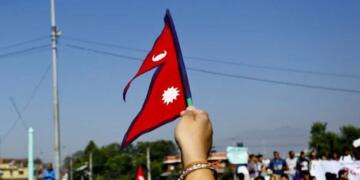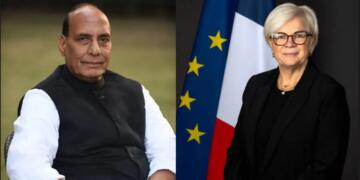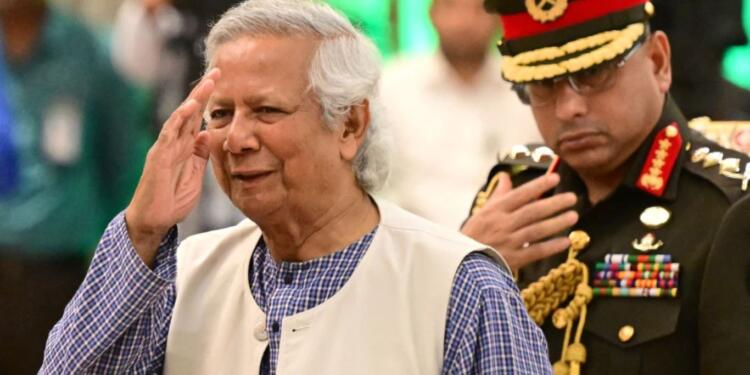In another move that will no doubt cement the pathway for Bangladesh to become another Pakistan, the Yunus regime has now removed the security clearance required for Pakistanis to get a Bangladeshi visa. This is a stark change from the earlier governmental stance where clearance/ no objection was required from security service dept.
Bangladesh removes the security clearance required for Pakistanis to get a Bangladeshi visa. Earlier, clearance/ no objection was required from security service dept. pic.twitter.com/YLxANjTDSu
— Sidhant Sibal (@sidhant) December 4, 2024
Since 2019, Pakistani citizens were required to obtain a ‘no objection’ clearance from the SSD before being granted a visa to enter Bangladesh, as part of broader security measures introduced during a period of political and diplomatic tensions. However, the recent announcement officially abolishes this requirement.
Since the ouster of Sheikh Hasina the new look Bangladesh regime under Muhommad Yunus has let radical Islamists run free. Not only has the government allowed a pogrom of the Hindu minorities they are also extremely keen to become another Pakistan. Slowly but surely the Islamists are relinking Bangladesh to Pakistan. Only a few days back the maritime trade route between the two was made operational, and now there seems to be a loosening of restrictions on the Visa rules for Pakistanis coming to Bangladesh.
India had fought a bloody and decisive war with Pakistan in 1971 paving the way for the Mukti Bahini to make their own nation in Bangladesh. The new look nation had extremely tense ties with Pakistan due to the genocide Pakistani soldiers had done on the Bangladeshis. However it seems all of that is now forgotten and the Islamists have gained complete control over the country. With Pakistanis now getting easing visa access one can only assume the kind of people that will be sent to the region, making another future geopolitical threat visible on the horizon.
Meanwhile, speaking with The Print, an expert on Bangladesh politics and executive director of the Sydney Policy and Analysis Centre in Australia, Mubashar Hasan said, “This signals not a shift but a balancing act by Bangladesh. Bangladeshi officials are persistently stating that they want a friendly relationship with India though India is not reciprocating that. They not only gave refuge to Hasina but politicians are using inflammatory remarks based on half-truth and disinformation on Bangladesh.”
He added, “So it seems by normalising relationships with India’s arch-rival Pakistan, Bangladesh’s administration is signalling that it is not going to see South Asian politics through [an] Indian prism anymore. Whether in the long run, Bangladesh can continue to afford that remains to be seen as the West—specifically the US—sees South Asia through [an] Indian prism and the US is a vital ally for Bangladesh. Having said that, India, too, must realise its neighbourhood policy is in shambles.”



























